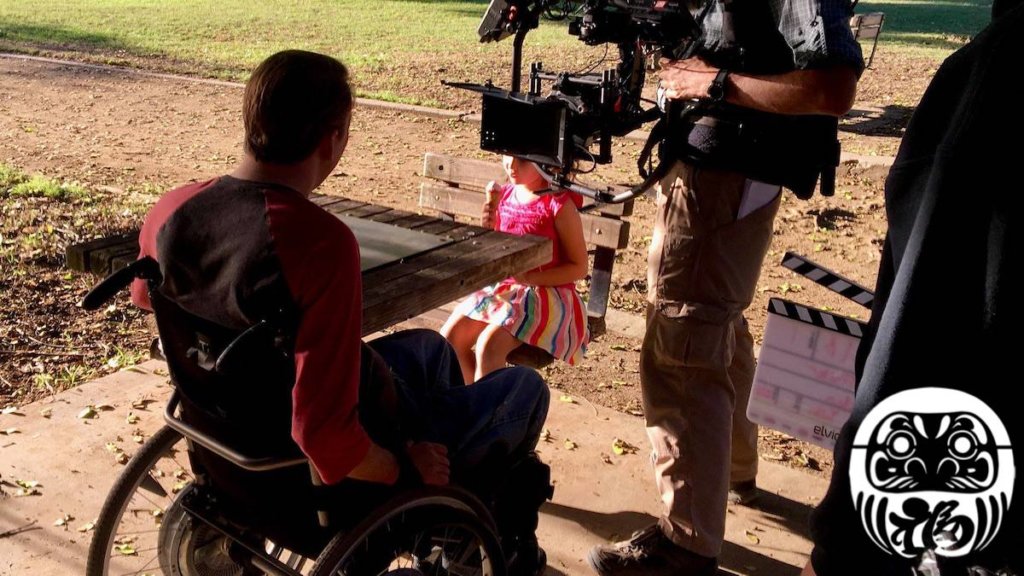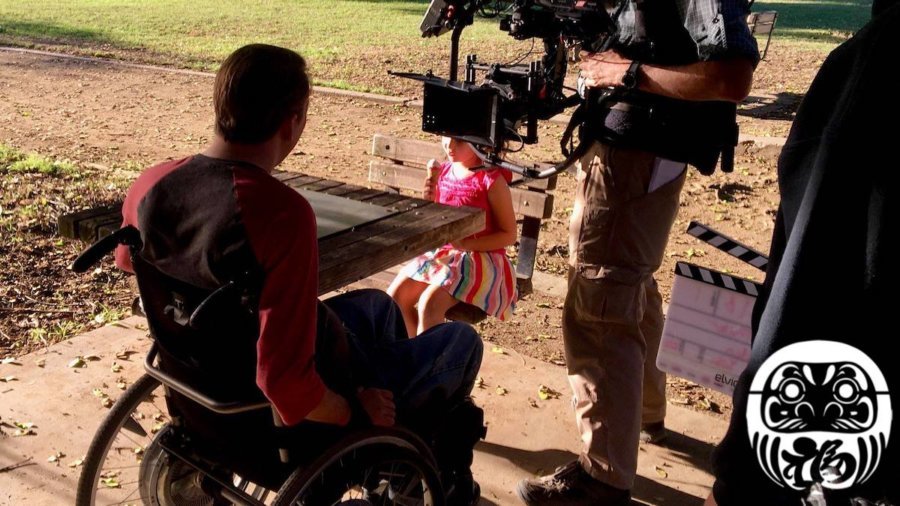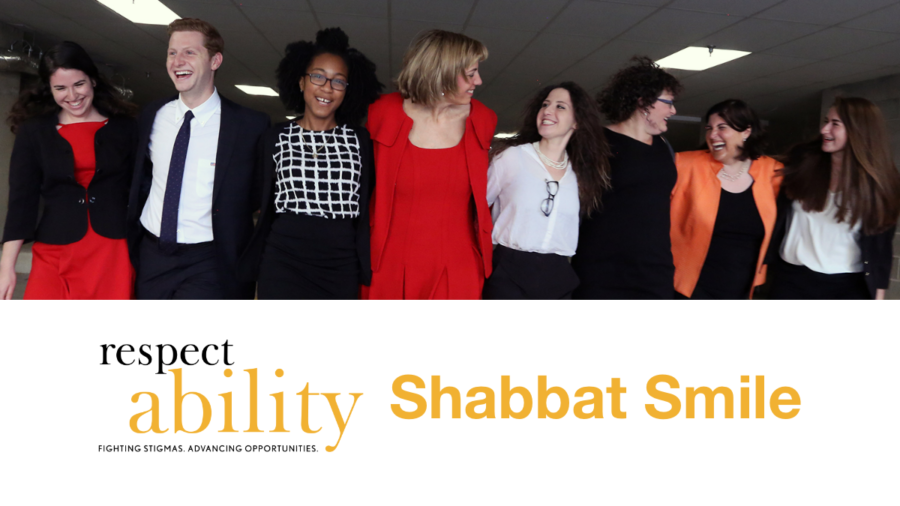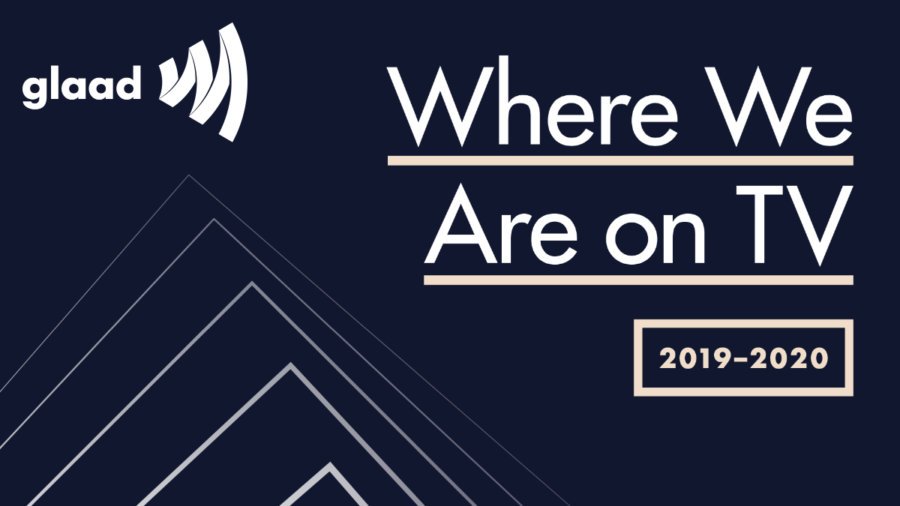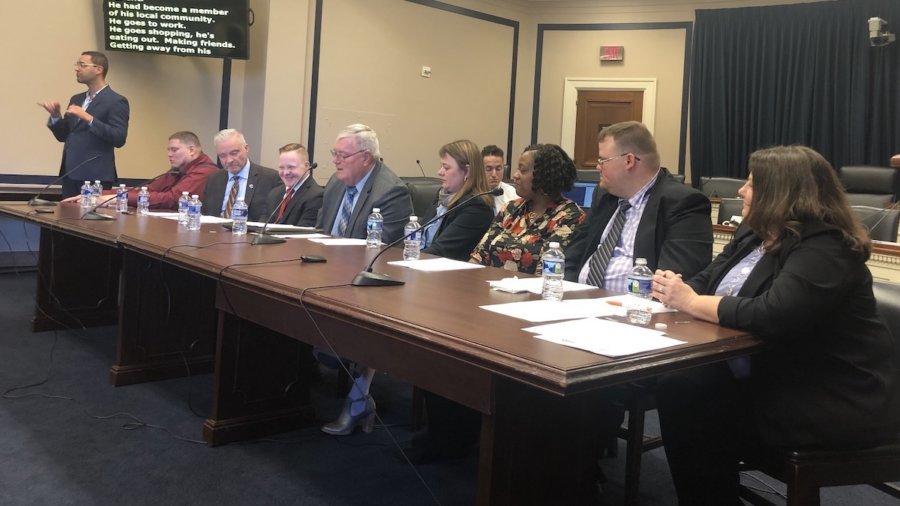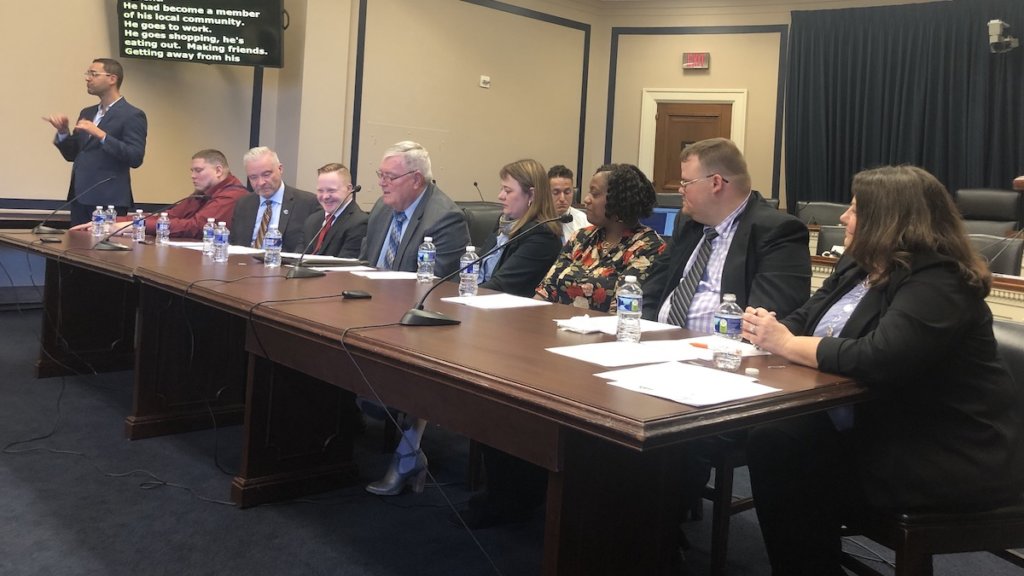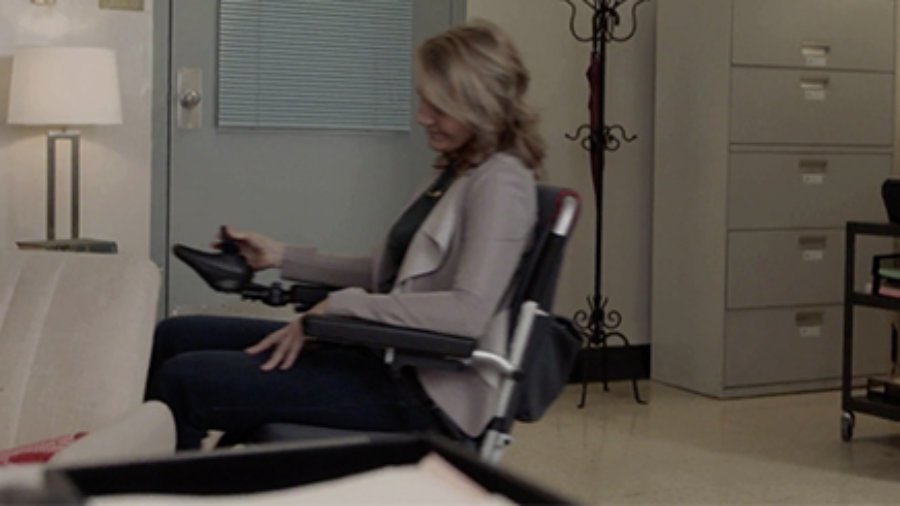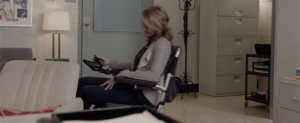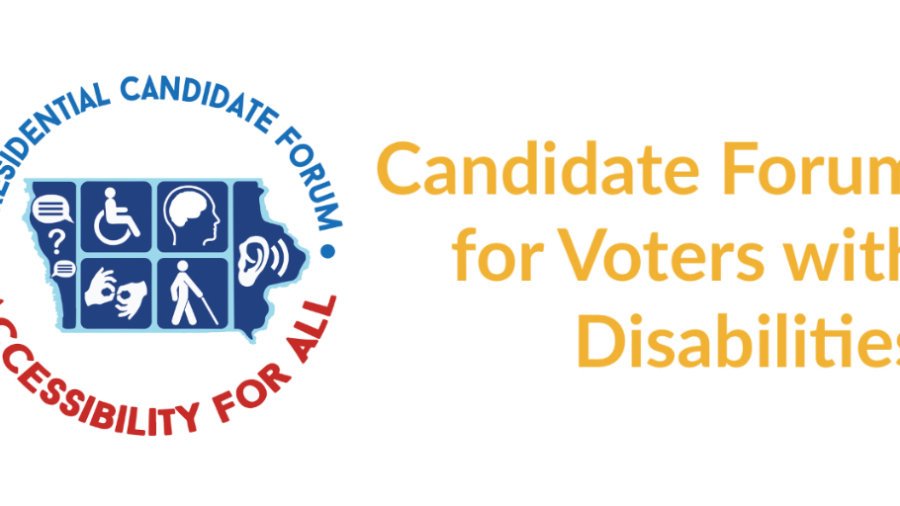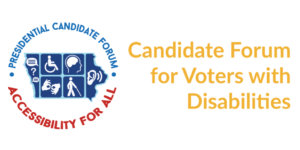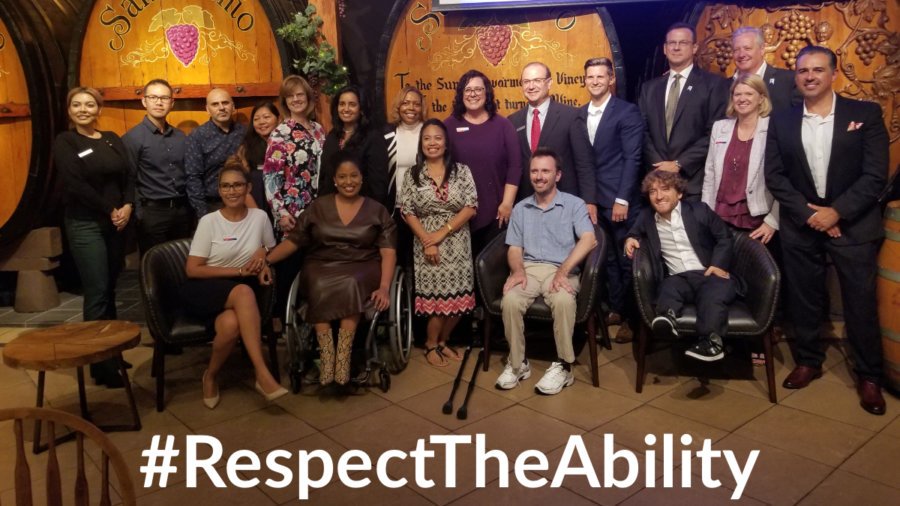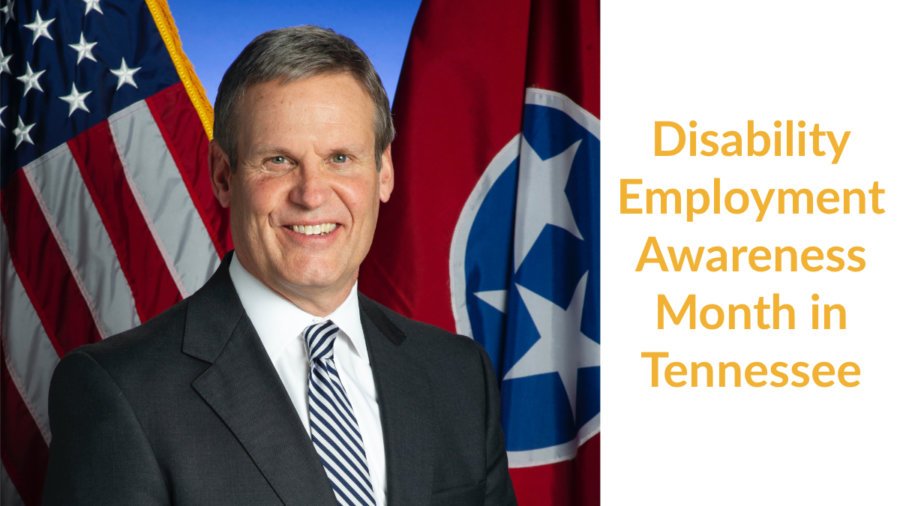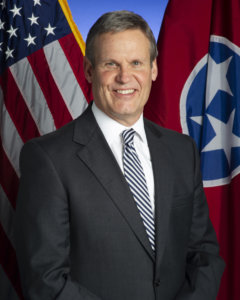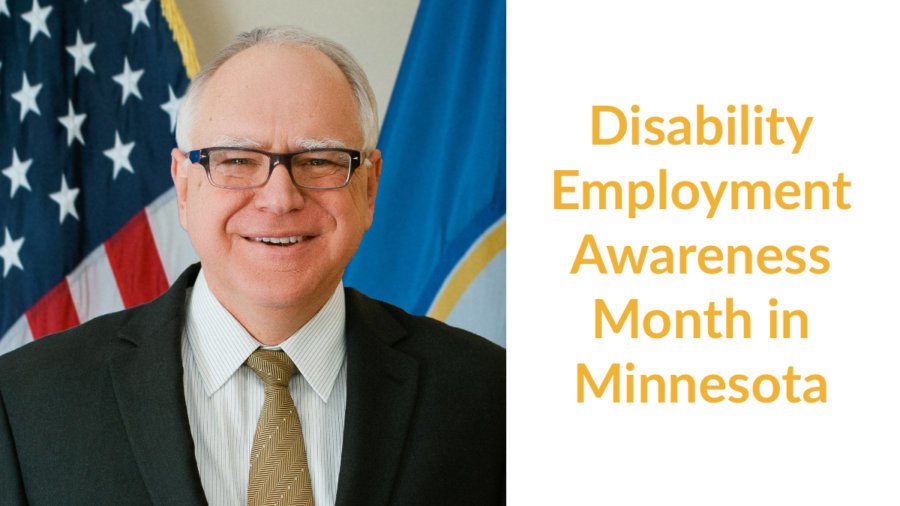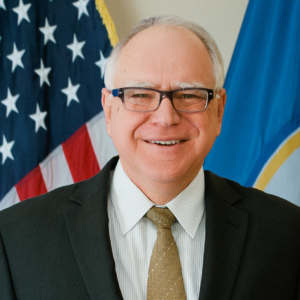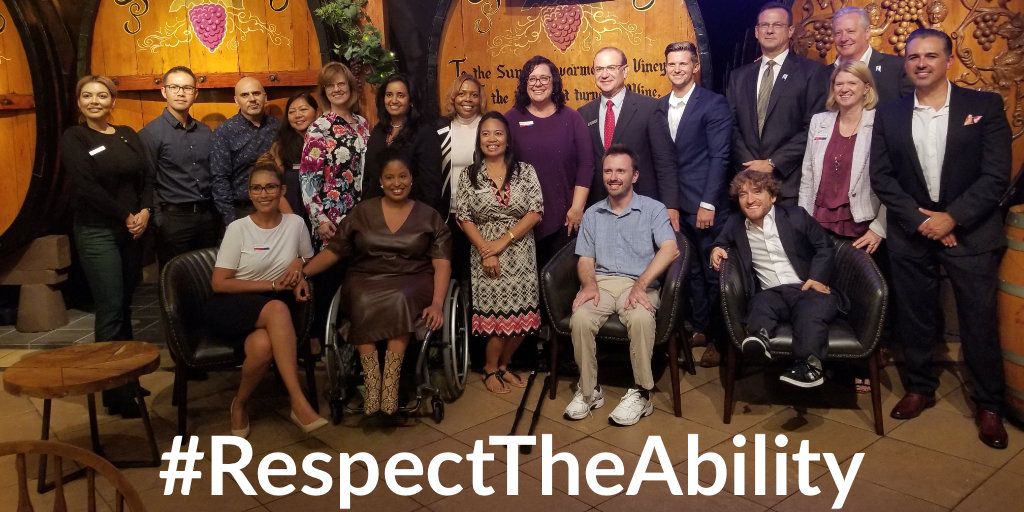
Speakers and guests at Bank of America’s Southern California Disability Advocacy Network annual event.
Los Angeles, California, Oct. 31 – “Don’t limit us to what you think we are capable of doing,” Tatiana Lee said to hundreds of Bank of America employees assembled to celebrate the power of employing people with disabilities. “We will surprise you.”
Employees with disabilities and their allies gathered to recognize the value of including people with disabilities, both in terms of staff and as customers. The Southern California’s Disability Advocacy Network (DAN)’s signature year-end event recognized National Disability Employment Awareness Month, seeking advice from disability advocates on how they can be more inclusive of people with disabilities. Globally, DAN has grown by 70 percent over the last three years and now has more than 7,000 global members. Not all members, however, are people with disabilities or their family members. Some members joined DAN because they recognize the role of allyship and how employees with disabilities makes their company stronger.
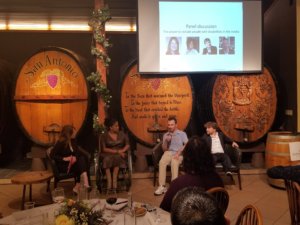
Panel on Media Representation of People with Disabilities at Bank of America’s Southern California Disability Advocacy Network annual event
“My mother never doubted what I could do,” said Lee, an actress with spina bifida who uses a wheelchair. “But she did say because I am a black girl with a disability, I’m going to have to fight three times as hard.” Lee, speaking to the Southern California DAN members, advocates for disability inclusion in the entertainment industry by partnering with the nonprofit RespectAbility.
Closing the event, DAN Executive Sponsor John Berens, who is a mortgage and vehicle operations executive in global technology and operations at Bank of America, emphasized the bank’s approach to a socially conscious model of working with people with disabilities, versus a charity model of working for people with disabilities. “We believe in inclusiveness at the bank,” he stressed. “It helps us be better.”
This annual event is just one of several ways Bank of America acknowledges the contributions of people with disabilities. In 2017, the bank conducted a self-identification campaign for their employees, which resulted in the number of employees who disclosed having a disability doubling. Building a culture where employees feel comfortable disclosing – even in an anonymous manner – is an important step leading to full inclusion for potential hires, employees, customers and the communities the bank serves. [continue reading…]
